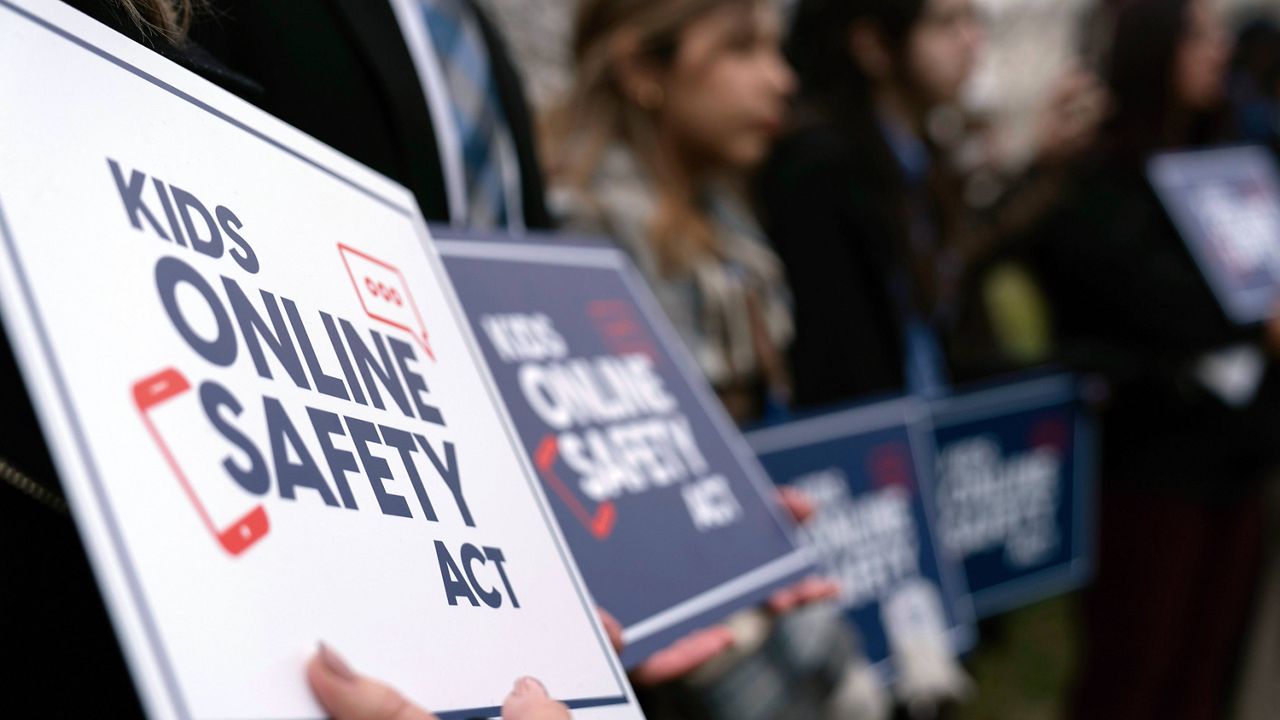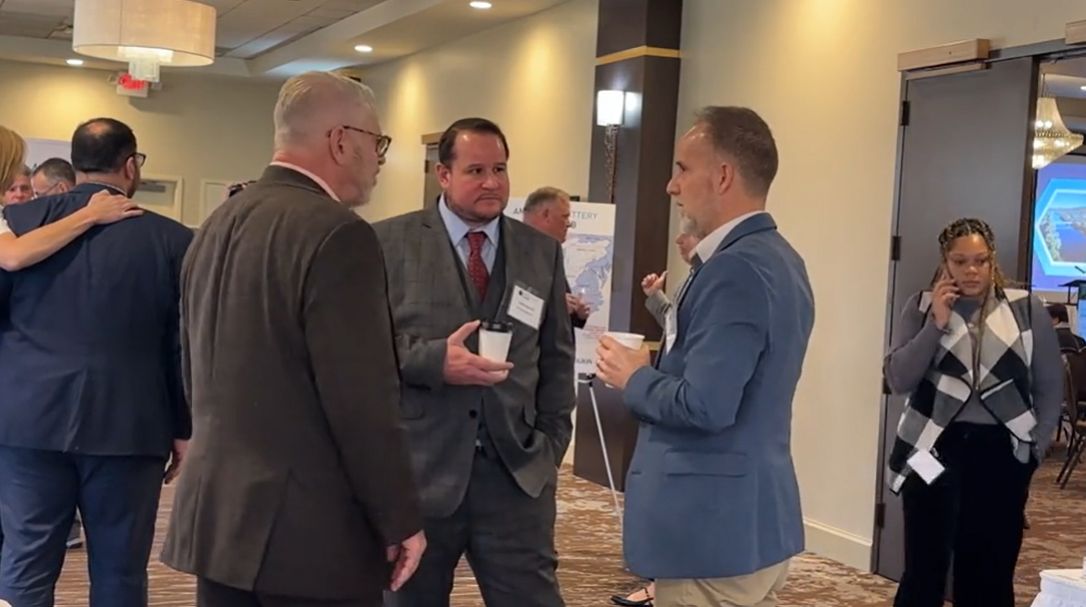Groups rallied Monday in Albany to call for an end to some tools used by law enforcement agencies.
Ban big brother. That was the message the group members brought to the state Capitol.
“The government is made of checks and balances,” Assembly Member Stefani Zinerman said.
They are supporting a package of bills that would ban fake police social media profiles and geofence warrants, which allow law enforcement to utilize a database to identify mobile devices in a specific area.
“In densely populated areas, these searches invade the privacy of thousands of people and make suspects of anyone who passed near a location," said Diane Akerman, attorney with the Legal Aid Society Digital Forensics Unit.
The state Legislature is reviewing both proposals, with each referred to committee. Advocates say it is a chance for New York to set the stage.
“Because there are abuses," Assembly Member Harvey Epstein said. "We know. We see them, and changing this law is one step forward in closing those abuses.”
Activists said technology like facial recognition adversely affects underserved communities and minority groups.
“It is 100 times more likely to misidentify a woman of color than a white man," Assembly Member Jessica González-Rojas said. "And when someone is misidentified, they’re often criminalized.”
Experts in law enforcement called the tools invaluable to help deal with cybercrimes, child predators and scammers.
“Very often, there is no physical evidence to point to someone, and in those instances, may very well be an electronic footprint that is left behind,” said Tony Jordan, president of the District Attorneys Association of the State of New York.
Jordan said there is ample oversight in the use of such technology, and it usually involves a court order.
“The overall consequence would be making New Yorkers less safe," he said.
But anti-surveillance advocates maintain the cons outweigh the pros.
“I’m not anti-law enforcement. But law enforcement has to abide by the law,” Zinerman said.







